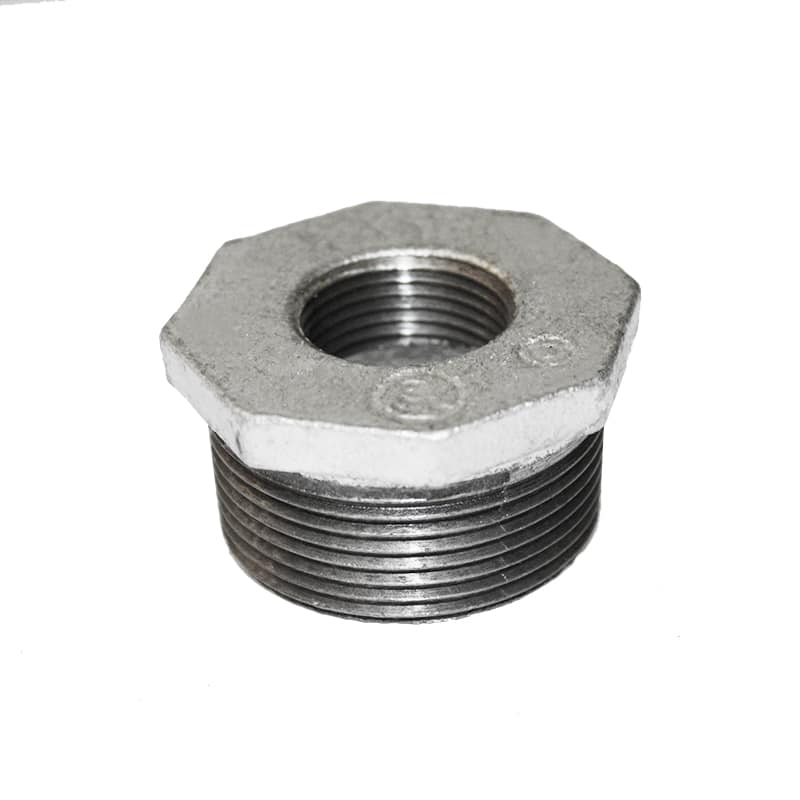Testing the integrity of cast iron threaded fittings post-installation is crucial to ensure they are functioning properly and do not leak.
Check for Cracks: Look for visible cracks, chips, or signs of wear around the threads and fittings.
Surface Condition: Ensure there are no rust or corrosion spots that could indicate weakness.
Water Test:
Pressurize the system with water and observe for any leaks at the fittings.
Apply a soap solution to the joints; bubbles will form if there is a leak.
Air Test:
Use compressed air to pressurize the system.
Similar to the water test, apply a soap solution to the fitting to check for leaks.
Hydrostatic Test:
Fill the system with water and pressurize it to a specified level (usually 1.5 times the working pressure).
Monitor for pressure drop over time, which could indicate leaks.
Re-torqueing:
After the installation and initial use, check the torque on the threaded fittings to ensure they are within the specified torque range. This helps confirm that the fittings are secure and properly seated.
Use ultrasonic devices to detect internal flaws or irregularities in the cast iron that could compromise integrity.
Apply a dye penetrant to the fittings and check for signs of leaks or cracks that are not visible to the naked eye.
For systems subject to vibrations, perform vibration analysis to ensure that the fittings remain secure and do not develop leaks over time.
Always follow manufacturer guidelines and industry standards for testing and maintenance.
Document all tests performed and any findings to maintain a record of the system's integrity over time.
By employing these methods, you can effectively assess the integrity of cast iron threaded fittings after installation.

Copyright:@2020-2021
Comments Please sign in or sign up to post.
0
0 of 500 characters used